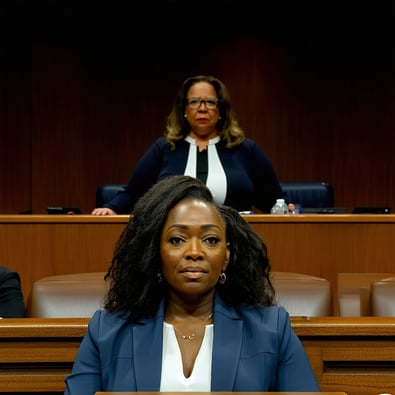OLYMPIA, Wash. -
A recent market study presented to the Washington State Legislature has raised red flags about the state’s cannabis industry, particularly regarding the handling and tracking of surplus cannabis products. The findings reveal a significant gap between the amount of cannabis produced and the amount actually sold in 2023—posing serious questions about where the excess product is going.
According to the study, cannabis production in Washington last year was two to three times higher than retail sales figures. This discrepancy has prompted concern from state auditors, who noted that the Washington State Liquor and Cannabis Board (LCB) currently lacks sufficient records or tracking mechanisms to account for the surplus. Without clear documentation, the destination of this excess cannabis remains uncertain.
Leaders from the Joint Legislative Audit and Review Committee (JLARC) have taken these findings seriously, proposing a series of recommendations aimed at tightening oversight and improving transparency within the state's cannabis supply chain.
One of the most pressing concerns raised in the report is the potential for the surplus cannabis to be diverted into illegal markets, either within Washington or across state lines. The Washington State Institute for Public Policy stated, "Surplus cannabis may be destroyed, or it could be diverted to the illegal market either in state or out of state," highlighting the potential for abuse and the risk it poses to the legal cannabis framework.
In response, JLARC has recommended that the Liquor and Cannabis Board submit a comprehensive action plan to the state legislature. This plan, due by December 31, 2025, should detail the specific funding, staffing, and resources required to improve data collection and monitoring practices across cannabis producers and retailers. The goal is to ensure accurate, real-time reporting that can help regulators and lawmakers better understand the flow of cannabis products from cultivation to consumer.
The call for improved tracking reflects a broader need to protect the integrity of Washington’s legal cannabis market, which has been in place since 2012. As one of the first states to legalize recreational marijuana, Washington has often served as a model for other states. However, these recent findings suggest that more robust oversight mechanisms may be needed to prevent product leakage and ensure compliance with state laws.
Moving forward, policymakers are expected to work closely with the LCB and industry stakeholders to implement improved tracking systems. This will not only bolster regulatory efforts but also safeguard the legal market against illicit activity—helping Washington maintain its leadership in the evolving cannabis landscape.





